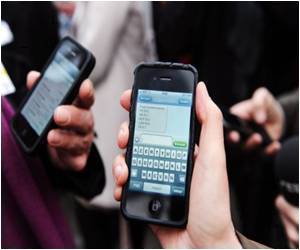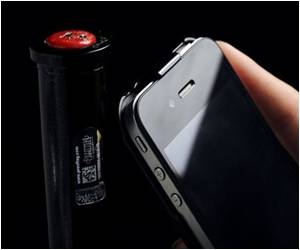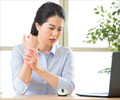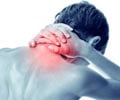If you feel discomfort while using your smartphone, stop and rest and do stretching exercises. Change hands frequently on prolonged use. Use hands-free devices.
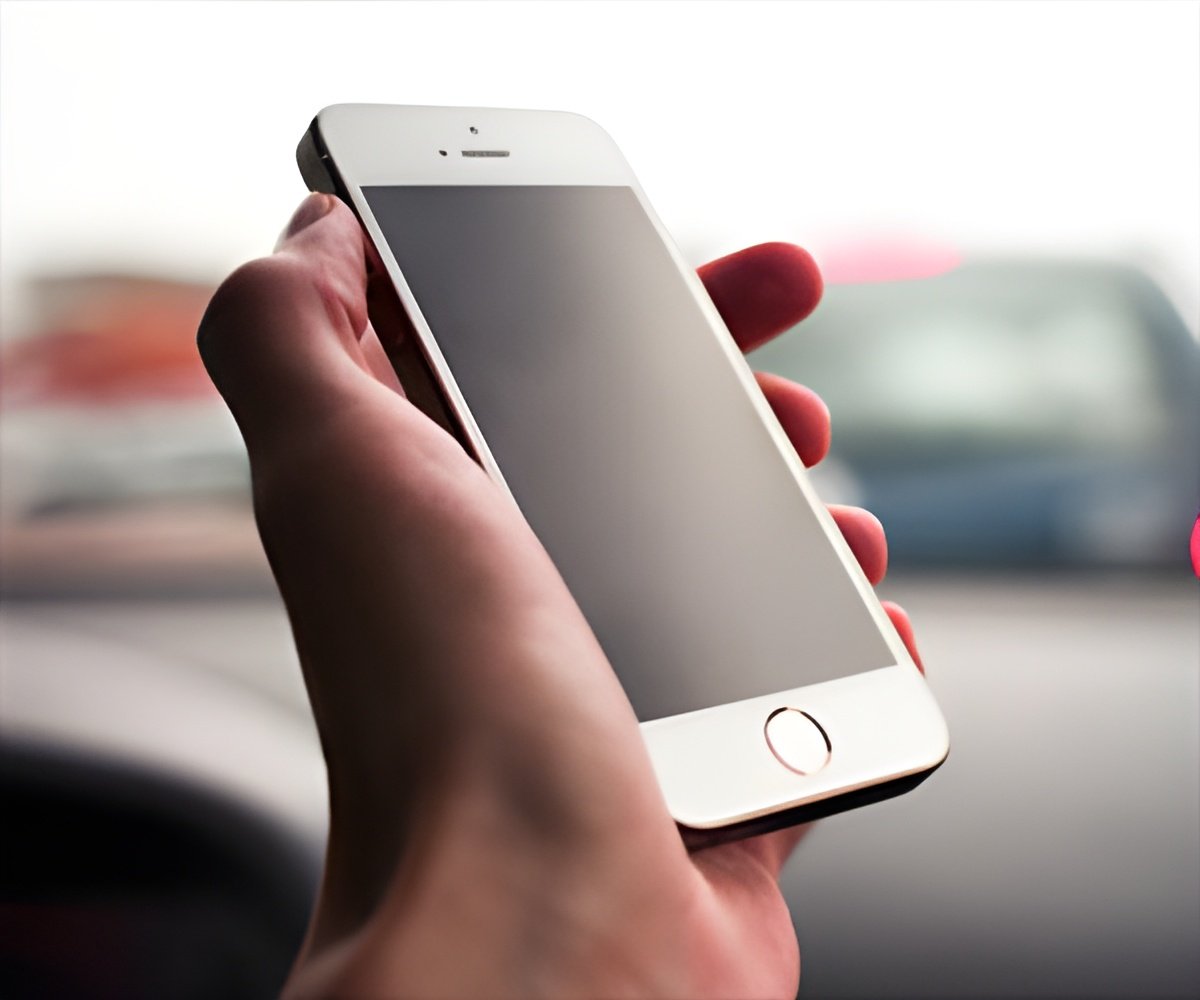
Dr. Pradeep Moonot, orthopedic (foot and ankle) from Breach Candy Hospital Trust in Mumbai, said, "Excessive smartphone use can lead to injuries that cause strain and stress from repetitive motion. This can also lead to tendinitis of finger and wrist and arthritis of the thumb joints. The thumb has to move in an awkward manner on the smartphone. This can lead to soreness in the thumb called 'Blackberry thumb'. Tip of the finger soreness is also an issue. Inappropriate placement of the hand and shoulder can also cause pain in the shoulder and neck."
Dr. Ramneek Mahajan, director (orthopedics and joint replacement) at Saket City Hospital in Delhi, blames wrong hand postures. He said, "This includes tilting hands too far inward or outward while tapping or putting force on the wrists while typing on smartphone."
Senior orthopedic Dr. Raju Vaishya from Indraprastha Apollo Hospitals said, "People who frequently use their thumbs to type texts can develop de Quervain syndrome - a painful affliction that involves the tendons that move the thumb. Although the causal link is not as well established as in patients who suffer from pain from prolonged desktop keyboard use, there is little doubt that overzealous texting can cause debilitating pain."
Dr. Rajeev Thukral, senior consultant (orthopedics) at Max Hospital in Saket, said, "Smartphone addiction has made young Indians vulnerable to more stressed injuries. It can also lead to pain in other body parts like elbows and shoulders because when you overuse, the body tends to get tired which leads to pain."
Dr. Moonot further added, "As soon as the time spent on the phone or gaming is reduced, the symptoms do get relieved. The assessment of work and home-related psychological stress is also important to see if these are contributing factors as well."
Advertisement
The best way to avoid this is to strike a balance between excessive use of technology and a healthy life. Dr. Sharma advised, "While in most cases, medication, rest and some exercises can treat the disorder, in extreme cases, surgical intervention may be necessitated. So, do not let technology get the better of you."
Advertisement
Dr. Sharma said, "Stretching exercises of the wrist, elbow, shoulder and neck will also help prevent or alleviate the symptoms." Dr. Singh said, "If you feel discomfort, stop and rest and do stretching exercises. Change hands frequently on prolonged use. Use hands-free devices more."
Source-IANS


